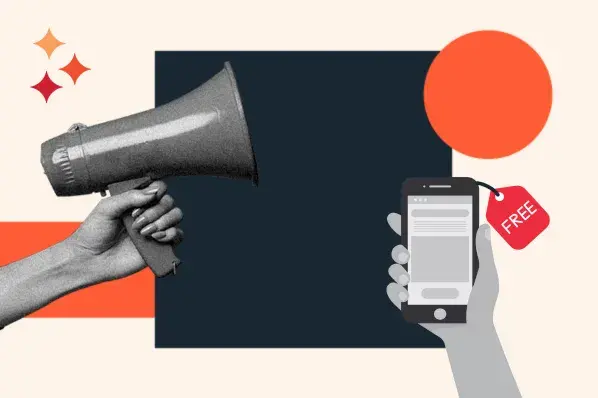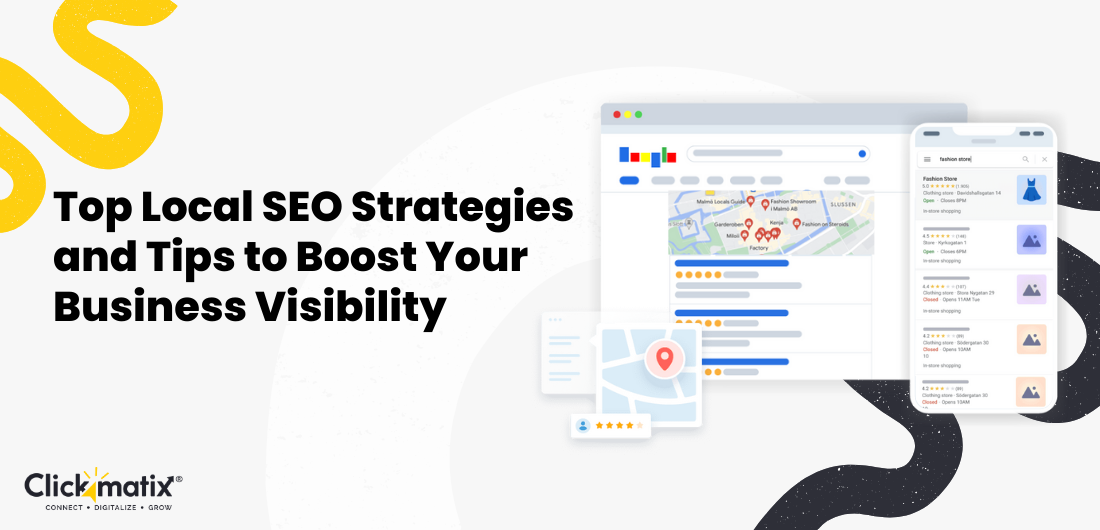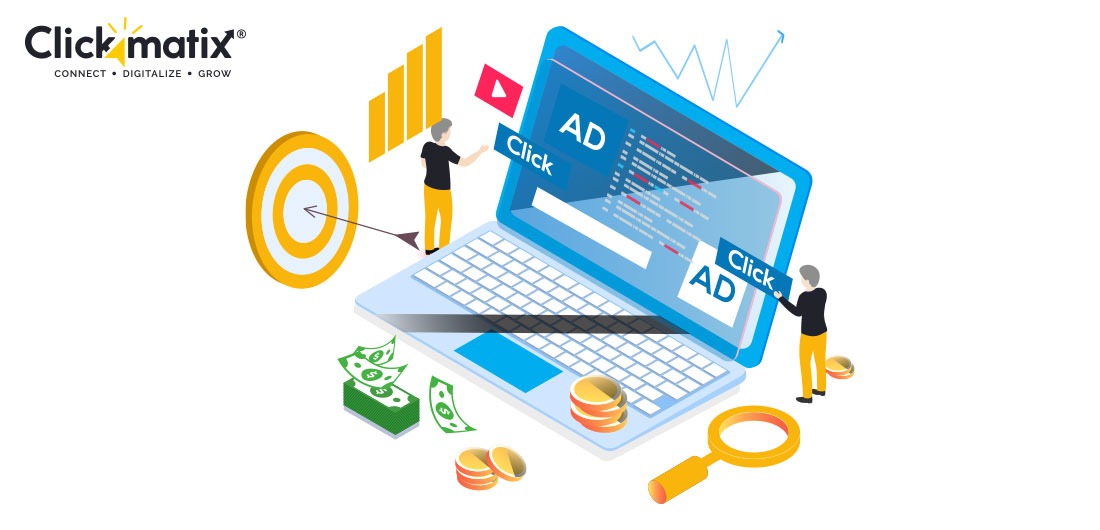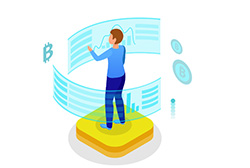Why Talking About Your Weaknesses Helps You in a Job Interview
Everyone has a weakness — here’s how to use yours to your advantage. The post Why Talking About Your Weaknesses Helps You in a Job Interview appeared first on Codecademy Blog.

You’re trying your best to make a good impression, but then the interviewer asks, “What is your greatest weakness?” We asked a recruiter and hiring manager for technical roles how to talk about your weaknesses without torpedoing your chances of getting the job or being disingenuous.
The first step towards answering this common question is understanding what the interviewer is actually asking. It’s more about showing your self-awareness than drawing attention to your weaknesses, according to Jean du Plessis, Senior Engineering Manager at Upbound. “Are you aware of what you’re good at and where you need to improve? What are you doing about it?” You can turn things that are weaknesses on paper into strengths by acknowledging your gaps and demonstrating that you’re proactive about learning and improving.
Learn something new for free
Here are some tips for acknowledging your weaknesses in a job interview, without underselling yourself.
How to talk about your weaknesses in a job interview
Be genuine
Answers that try to offer a strength in disguise (like “I work too hard” or “I’m a perfectionist”) don’t go down well. The interviewer is asking you to be vulnerable and share something that could color their perception of you. Remember that you are in full control of the story you tell; owning your flaws is much more effective to build trust than disguising them.
From a practical standpoint, hiring managers may also be trying to gauge if you’ll need more guidance or coaching in the role. Having room to grow isn’t a deal-breaker, especially for entry-level positions, but your interviewer wants to know what they’ll need to do to support you. In fact, being upfront about what you’re doing to address your shortcomings is a great way to frame your answer.
Focus on what you’re doing to improve
Here’s another way to think about the question, “Tell me about your biggest weakness” courtesy of r/AskEngineers: “What’s an area that you’re trying to improve and what steps have you taken?”
Reframing the question this way puts the focus onto taking action, instead of just reflecting on your weakness. So, you might say that you find it hard to estimate how long development work can take and that you’ve learned to build in additional time for debugging. Or maybe you struggle with context switching between meetings and coding, and worked with your previous manager to schedule longer blocks of time for uninterrupted development work. Maybe you weren’t always consistent with documenting your work but started using generative AI to create a first draft.
“Nobody is a perfect match for a role—maybe it happens in 1% of interviews.”
Sometimes hiring managers can pose a question about your weaknesses indirectly, like by asking you to tell them about a big mistake you made at work. The same approach works here: own the mistake, describe the steps you took to make things right, and what you did to ensure it wouldn’t happen again.
You want to give more attention to how you handled a challenge or took measures to improve than the weakness itself. It’s not about spinning the example to mislead the interviewer, it’s about demonstrating your self-awareness and growth mindset. awareness and growth mindset.
Prepare an example scenario
“It’s always a good idea to think through different scenarios you’ve been in in the past and how you dealt with them before you go into an interview,” says Lisa Tagliaferri, Senior Director of Developer Enablement at cybersecurity company Chainguard. Reflect on situations that have challenged you and how you either overcame them or prevented them from reoccurring.
“You could talk through a group project you were part of. Maybe you were expecting deliverables from a coworker by a certain time, and they didn’t meet the deadline, so you ended up having to do it yourself,” says Lisa. “So, the next time you had a group project, what guardrails did you put in place or how did you communicate your expectations up front so that it didn’t happen again?”
Practicing your answers to situational interview questions like this will help you feel totally prepared when you’re put on the spot. Our new Interview Simulator (in beta) generates interview questions for you to answer in writing or verbally, and the AI will give you actionable feedback on your responses.
Tie your example back to the job description
Ideally, you want to make it as easy as possible for the interviewer to compare your skills, experience, and character traits to the role they’re filling. Try to focus your example on something that’s relevant to the job. Go through the job spec carefully while you’re preparing and identify any areas where you are short on experience or have struggled with in the past.
For example, if the role requires collaboration with stakeholders from other departments, you might speak about a project that got delayed because you weren’t specific enough about what type of feedback you’re looking for and by when. Maybe your proof of concept got derailed because someone got hung up on an unimportant detail. Now, when briefing stakeholders, you are always explicit about the level of input you need and what the repercussions are for late contributions.
Or, you might not have as much experience with the company’s preferred programming language, but you could describe how you’ve ramped up quickly with new languages or frameworks in the past.
Be flexible
When addressing your weaknesses, highlight your flexibility, recommends Lucy Jones, Headhunter and Director of the Executive Search firm Lawson Brooke. “If you’re lacking experience or maturity in some aspect of the role, that might mean you do less of the exciting work at the beginning,” she says.
For example, you could volunteer to spend more time on documentation, write unit tests, or chip away at tech debt. Have a no-job-too-small attitude and demonstrate that you’re committed to upskilling and developing your weaker areas — it’ll only help your standing.
Lastly, don’t worry if you’re not an exact skills match (yet)
The hiring manager fully expects that there will be areas that you need to develop while you’re on the job. “Nobody is a perfect match for a role—maybe it happens in 1% of interviews,” says Jean. Having some areas of weakness is a good thing, because it means you have room to grow while in the role.
Companies will usually have a salary range for the role they’re hiring for, and if you meet 100% of their requirements, they will hire you at the top of that band. In those cases, there is no opportunity to advance within the role — you’d have to get promoted or change jobs again to progress. “Managers don’t want to hire candidates who will be looking to move on six months down the line,” says Jean. Having some skills you are seeking to develop is a good thing.
You can practice answering interview questions with our new beta Interview Simulator: Build a mock interview based on the job title, level, type of interview and company and your own experience. The AI interviewer is trained to ask intelligent follow-up questions like a real recruiter and will provide you with feedback after the session. For even more job search tips, tools, and courses, check out our Career Center.
Related courses
The post Why Talking About Your Weaknesses Helps You in a Job Interview appeared first on Codecademy Blog.
What's Your Reaction?








![How to Understand & Calculate Statistical Significance [+ Example]](https://www.hubspot.com/hubfs/how-to-calculate-statistical-significance-1-20250106-7754856.webp)






























.png)












































